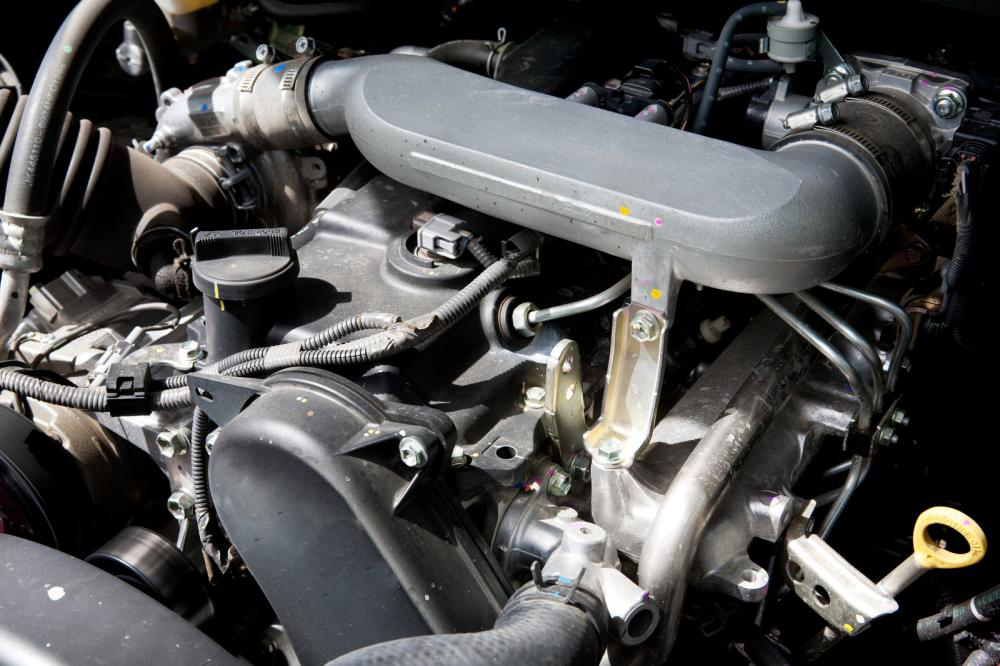For orders and details please call 726-999-0231
How Diesel ECMs Differ from Gasoline ECMs?

The functionality of diesel and gasoline-powered engines are similar. Both engines convert fuel’s chemical energy into mechanical energy. The conversion of combustion energy into thermal energy propels the pistons inside the cylinders. It rotates the crankshaft, sending the power through the transmission to turn the wheels of the vehicle.
However, there are some differences that set them apart. How does one ECM differ from the other? Let’s find out.
How Do Diesel ECMs Differ from Gasoline ECMs?
Before we learn the main difference due to which diesel and gasoline ECMs branch off from one another, it’s essential to understand the difference between the ignition combustion and compression combustion. Both types of engines convert chemical energy into mechanical energy, but the process differs.
The fuel is mixed with air in a gasoline combustion engine and then compressed by the engine’s piston, then spark ignites it, causing combustion. On the other hand, the diesel engine doesn’t have spark plugs. The air is compressed tightly before the process of fuel injection occurs. As a result, the compressed air produces heat, which causes fuel ignition.

In a nutshell, the electronic engine module controls are designed differently due to the difference in diesel and gas-powered engines’ power generation process.
READ: How Does a Caterpillar ECM Work?
Gasoline ECMs regulate the air-fuel ratio and control spark timings that need to be extremely accurate to ensure the engine’s optimal performance and efficiency. Furthermore, gasoline engines deliver peak power and torque higher up in the rev range, making them less effective during the initial acceleration.
Diesel ECMs primary role is to control the valves’ timing and ensure optimal air to fuel ratio, based on several factors, including throttle input, temperature, etc. Diesel engines deliver most of the available torque lower in the rev band, which is the main reason why they’re used extensively in large industrial vehicles.
Do you want to get your CAT engine’s ECM repaired or replaced? Contact CATECM today. We’re a leading Caterpillar engine control module specialist in the United States. Our team of experts provides reliable engine control module repair service with fast turnaround times. ECM replacement machines for sale at affordable rates. Call (726)999-0231 to get in touch.
ALSO READ: Why You Should Choose a Remanufactured ECM Over a Used ECM

